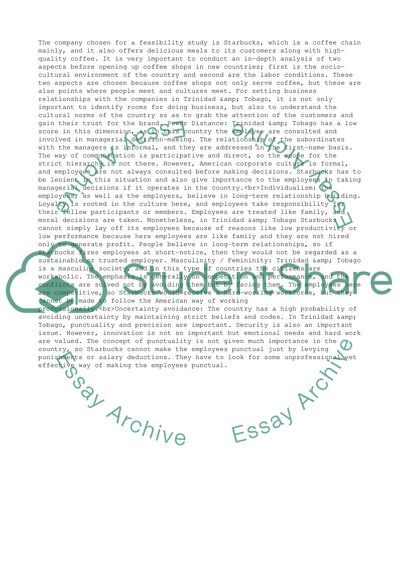Cite this document
(“The Ultimate Experience in Drinking Coffee in Trinidad & Tobago: Research Paper”, n.d.)
The Ultimate Experience in Drinking Coffee in Trinidad & Tobago: Research Paper. Retrieved from https://studentshare.org/business/1460288-the-ypultimate-experience-in-drinking-coffeey-in
The Ultimate Experience in Drinking Coffee in Trinidad & Tobago: Research Paper. Retrieved from https://studentshare.org/business/1460288-the-ypultimate-experience-in-drinking-coffeey-in
(The Ultimate Experience in Drinking Coffee in Trinidad & Tobago: Research Paper)
The Ultimate Experience in Drinking Coffee in Trinidad & Tobago: Research Paper. https://studentshare.org/business/1460288-the-ypultimate-experience-in-drinking-coffeey-in.
The Ultimate Experience in Drinking Coffee in Trinidad & Tobago: Research Paper. https://studentshare.org/business/1460288-the-ypultimate-experience-in-drinking-coffeey-in.
“The Ultimate Experience in Drinking Coffee in Trinidad & Tobago: Research Paper”, n.d. https://studentshare.org/business/1460288-the-ypultimate-experience-in-drinking-coffeey-in.


